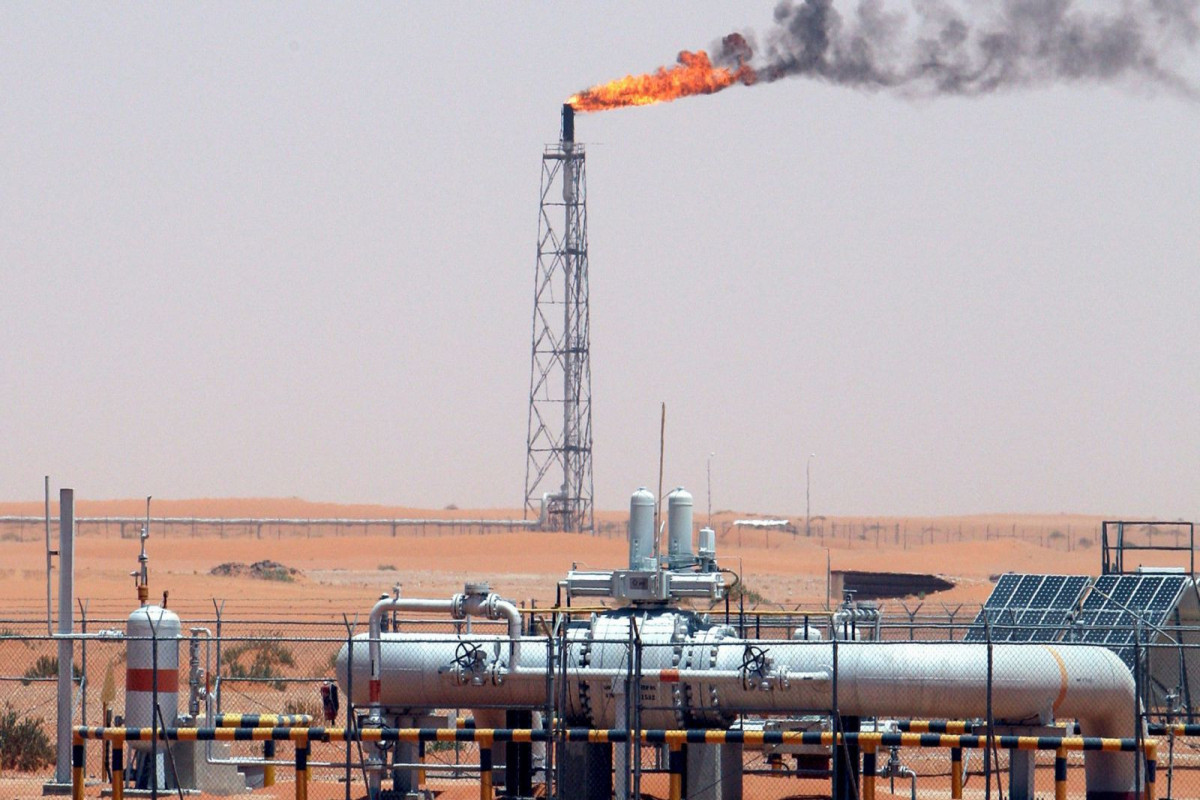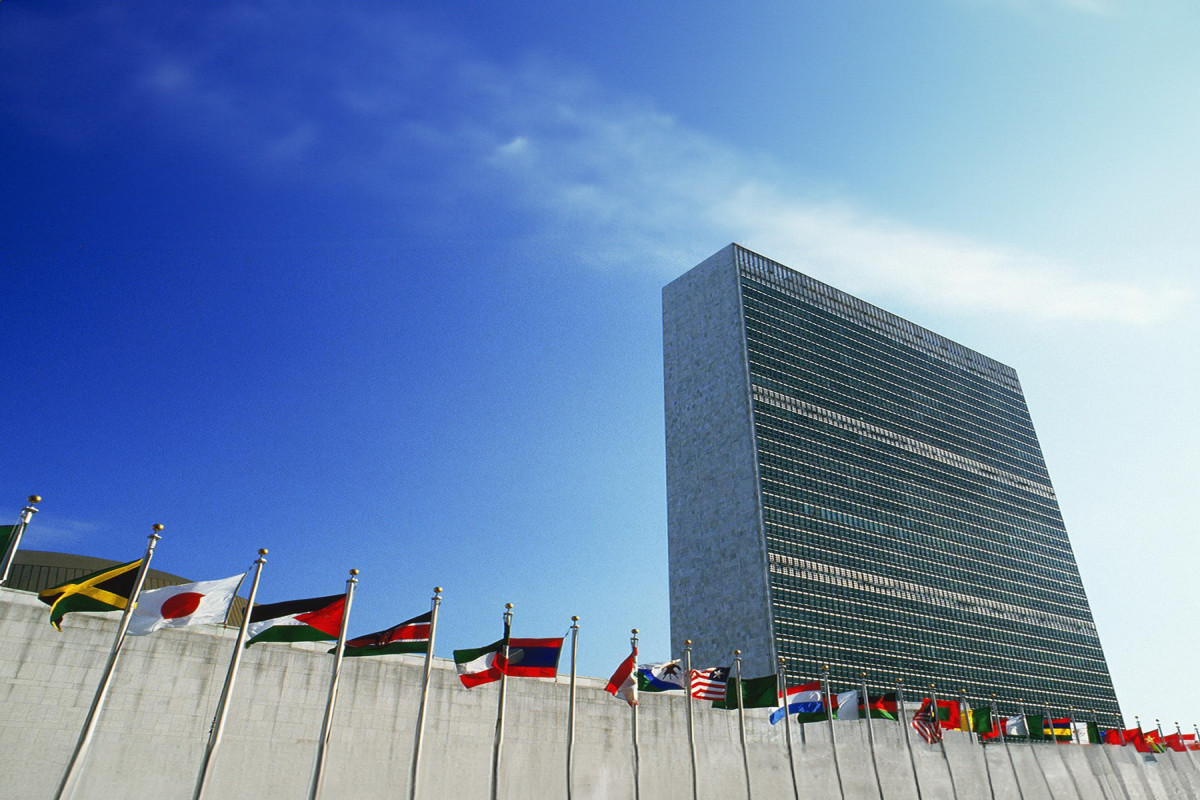Global proven crude reserves increased 0.2% in 2020, OPEC said in its annual assessment of the oil market, despite the crash in prices that has stifled industry investment, APA reports citing SPGlobal.
Proven crude reserves stood at 1.549 trillion barrels at the end of 2020, up from 1.546 trillion barrels at the end of 2019, OPEC said in its Annual Statistical Bulletin released Sept. 30.
OPEC's 13 members hold 1.237 trillion barrels of those reserves, or 80% of the world total, according to the study.
Proven natural gas reserves, meanwhile, fell by 0.4% to 206.7 Tcm, of which OPEC members hold 73.7 Tcm.
World refinery capacity contracted by 300,000 b/d to total 101.1 million b/d in 2020, the report showed, with the downstream sector in OECD countries declining sharply, while Asia and the Middle East added capacity.
Earlier in the week, OPEC forecast in its World Oil Outlook that 14 million b/d of global refining distillation capacity would be added between 2021 and 2045, led by Asia, the Middle East and Africa.
Refinery throughput fell a historic 9.1% to 78.0 million b/d in 2020, with fuel consumption hard hit by the pandemic, according to the Annual Statistical Bulletin.
The report came just ahead of the Oct. 4 meeting between OPEC, Russia and nine other allies, who have been coordinating on a series of production cuts since 2017.
The online meeting will determine the group's output levels for November, with the group currently committed to increasing production by 400,000 b/d every month through the end of 2022, though ministers have said they reserve the right to adjust the plan depending on market conditions.
Crude oil production declined in 2020 by 8.2%, a historic year-on-year fall, to 69.09 million b/d, according to the study. OPEC production fell 12.7%.
Global oil demand dropped by 9.30 million b/d year-on-year to 90.73 million b/d in 2020, with consumption in non-OECD countries dropping for the first time in history, the report showed.
The World Oil Outlook projected demand would average 96.6 million b/d in 2021, 99.9 million b/d in 2022 and 101.6 million b/d in 2023, when it would finally surpass pre-pandemic levels.
To meet the world's need for oil through 2045, some $11.8 trillion of oil industry investment would be needed, 80% of it in the upstream sector, the outlook said.






